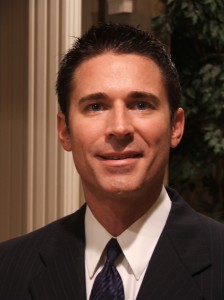The following is excerpted from Fundamentals of Radio Programming by Randy Michaels….
 If you have a music station, then I would say music probably is the most important part of your product. But I am disappointed by how poorly most stations rotate music. By the dissonance between what the PD thinks is going on and what a hard analysis of the music system shows.
If you have a music station, then I would say music probably is the most important part of your product. But I am disappointed by how poorly most stations rotate music. By the dissonance between what the PD thinks is going on and what a hard analysis of the music system shows.
I’d like to offer some suggestions on thinking through music rotations. It’s common to look at a station’s research, to analyze the spins, and it’s typical that we’re not spinning the biggest hit records. If you looked at what we’re spinning vs. the call-out data, they don’t seem to line up.
There are a lot of reasons for that, peer pressure probably being the largest. If you do research, you spend a lot of money on it. And then you get influenced by the trade publications or by what certain big-name PDs are doing.
Every record has a life cycle: Introduction, Adoption, Maturity, and then Decline. And those curves all can look different.
But record companies have an agenda. You may have a record you’ve been playing for 12 weeks, and it’s still a Power. But it’s dropped off of the trade publications, so I’d better move it down.
What?? Who cares about the trades? Who cares that the record label wants?
The record company says, “Oh, no, we’re pushing the next cut now!”
And the PD says, “Oh, well, I guess I’d better put that on. Screw the audience. The record company is much more important to me.”
You don’t even help the labels that way, because they do best when we play the music people want to hear. They’re in business to sell records. And although they have an agenda and they’d like to sell the ones they’ve picked, they really don’t care; they’d just like to sell music. And we’ll do better for them if we play hits.
And Country is the worst!
“Oh, he’s got a new song out! Got to take that one off.”
“But it’s still testing #3!”
“No, can’t play it any more. It’s not a Current; people will make fun of me. They’ll think I don’t know what I’m doing; I’ve still got that record in Power, and it’s old!”
Well, I’d rather have a good rating and big bonus than a gold record.






